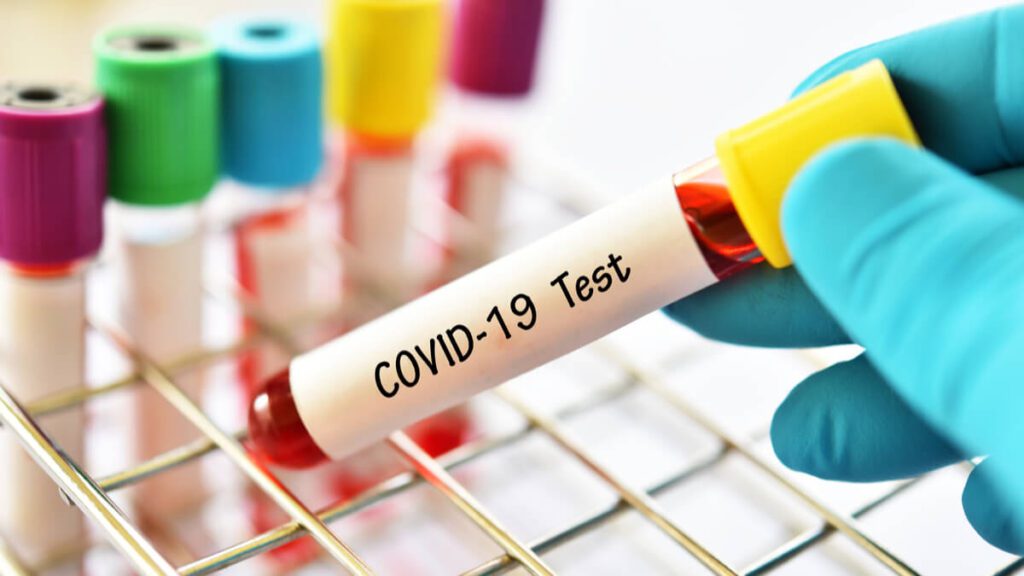High-tech mobile labs hitting the streets of China

A team of researchers from Tsinghua University in affiliation with CapitalBio, have developed high-tech mobile labs equipped with advanced medical and communication technologies. The latest innovation will be hitting the streets of South China’s Zhuhai with orders coming in from Shenyang and Qingdao.
Among the worst aspects of testing – besides having a 6-inch swab in one’s nasal – is getting there and waiting in line for a turn. For many, the fear of driving though or sitting in what may seem to be a virus hotspot, may be enough to discourage people from opting for a test.
The biggest hurdle is that all those samples must later be taken in bulk to adequately equipped testing labs, usually far away from the testing facilities. Thus, the process is made riskier and result processing made less efficient, which may also prolong the risk of transmission.
“It realizes the point-of-care rapid testing and is particularly useful for frontier ports, communities and villages,” said Lead Researcher Cheng Jing, also a professor at Tsinghua University.
A mobile lab would solve both of these problems, with test results obtained within 45 minutes, and messaged to people’s phone devices. According to Cheng, the high-tech mobile labs are equipped with sampling robots, automatic microfluidic chip analyzers, virus deactivators and even a 5G communication system for fast and effective reporting.
The lab is capable of operating to full effect with only 3 staff members including the driver. Cheng added that employees need only go through a 2-hour training program to effectively operate the entire system.
“One person is responsible for operating the sampling robots”, said Liangbin Pan, Vice President and CTO at CapitalBio, “while the other is tasked with adding inactivated samples into detection chips and reading the test results on the computer.”
High-tech mobile labs seem like an inevitable development in these challenging times. The ability to use technology to bypass physical hurdles and increase efficiency is a trademark of Chinese innovators, as we’ve seen throughout the pandemic.
